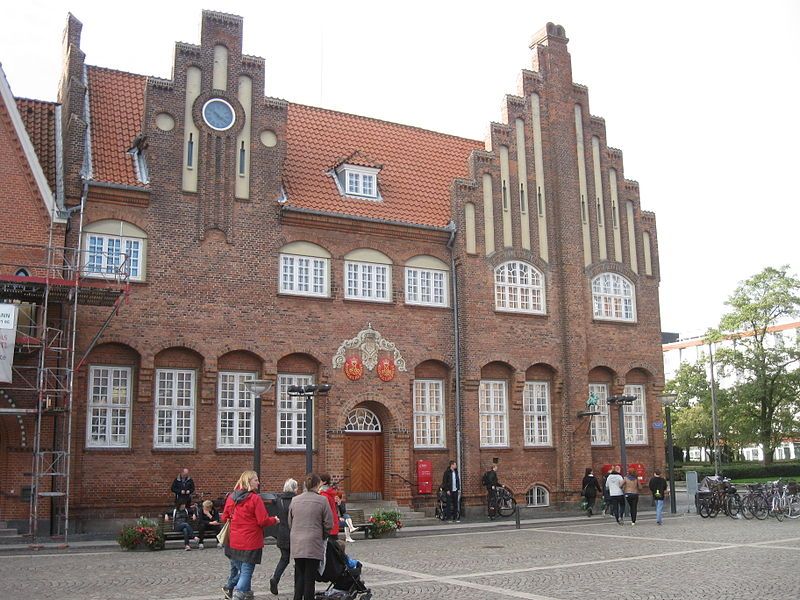As of 1 January 2018, customers will no longer be able to carry out simple banking transactions at the post office.
Danske Bank has announced it will drop its agreement with PostNord, which has allowed customers to pay bills and withdraw money at PostNord’s 190 postal offices nationwide since 1996.
“We’ve looked at the agreement and seen that transactions at the post offices have declined by 75 percent over the past four years,” Torben Elling Gamst, a senior VP at Danske Bank, told business media Finanswatch.
“At that rate and, considering what’s on the horizon, we have to say that we have other solutions that can cover those needs.”
READ MORE: First class shake-up at PostNord to blame for third class results
Alternative avenues
Gamst went on to say that ending the deal with PostNord will save Danske Bank a two-figure million kroner amount annually.
Another reason for the agreement coming to an end is the reduced number of postal offices capable of handling banking business.
Danske Bank encourages customers who have utilised the postal offices for their banking needs to explore alternative avenues.
Such solutions could include digital solutions, which are also more affordable for the customers – it currently costs a 40 kroner fee to pay a bill at the postal offices.















